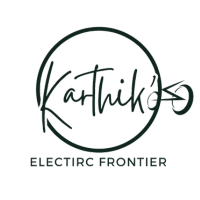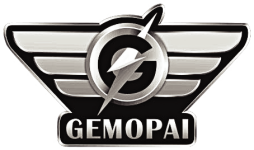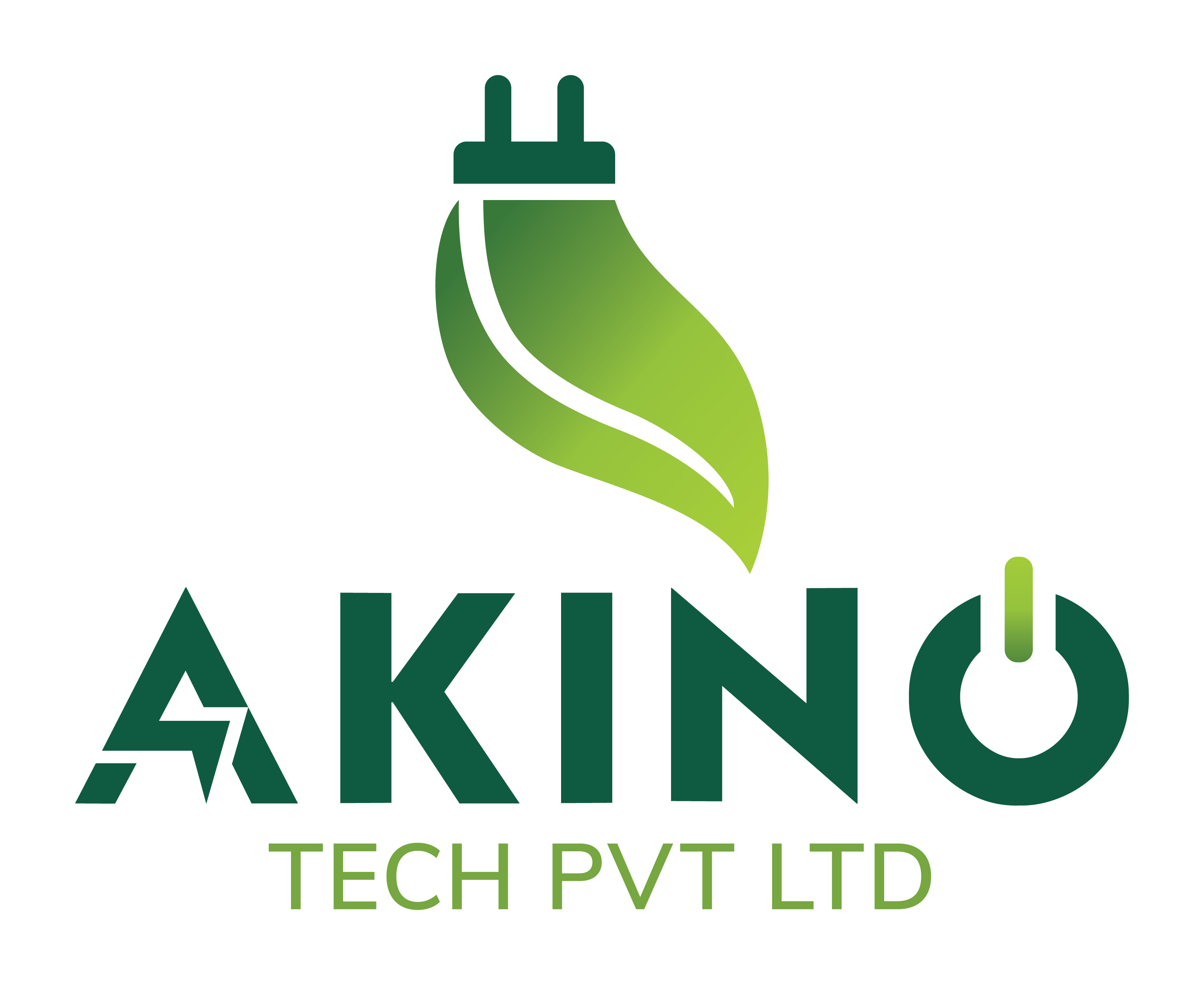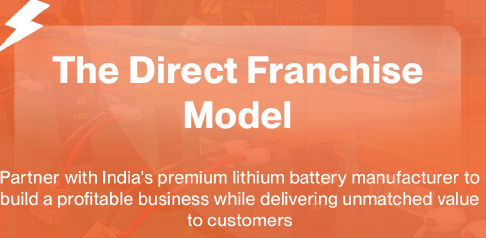Find EV EVSE course
Lithium-ion battery market at your city
Opportunities for the lithium-ion battery business at your region, a part of the growing Indian market driven by electric vehicles (EVs) and energy storage, include manufacturing battery packs, establishing battery assembly plants, setting up EV charging infrastructure, or engaging in battery recycling and repair services.
Set up a center for the repair of lithium-ion batteries facility to manage end-of-life batteries and recover valuable materials.
Identify and train a local workforce from Academy of EV Technology (AEVT) for manufacturing, assembly, and technical roles to ensure a sustainable business.
2023 will see 448,000 new electric vehicles hitting UK roads
By the end of 2022, more than 1.1 million electric cars had been registered in the UK in the ‘modern’ EV era (since 2010), taking 12 years to reach that figure. The SMMT forecasts that the next 1.1 million will be registered in the next two years, with more than 2.2 million expected to be on the road by the end of 2024.
This year should see a major increase in the volume of electric cars hitting dealer and independent forecourts in the UK thanks to the enormous annual growth in new EV registrations back in 2020, when the market grew by over 140% with more than 175,000 registered. The Tesla Model 3 was supplied in particularly large volumes, so we can expect to see a significant number in the wholesale and retail markets over the coming months.
“The Government’s announcement of an EV Infrastructure Strategy to ensure the UK is ‘EV-fit’ by 2030 is a step in the right direction. Access to reliable charging infrastructure, both at-home and across the road network, is a key barrier to EV adoption, as identified by major global business members of our EV100 initiative this week.
The good thing about charging infrastructure is that it doesn’t take a long time to build and install it. Roadside charging stations can be planned and built in a matter of weeks or a few months, while a charging station at home or work takes even less time than that to plan and install.
Electric vehicle (EV) industry
All-electric vehicles (EVs), also referred to as battery electric vehicles, use a battery pack to store the electrical energy that powers the motor. EV batteries are charged by plugging the vehicle in to an electric power source.
The key components are
Battery : Which has the stored energy
Motors : Which converts this into rotational energy for mobility.
Controller : Is an electronic hardware device +software which works very closely with the motor and is usually bundled with. A motor controller might include a manual or automatic means for starting and stopping the motor, selecting forward or reverse rotation, selecting and regulating the speed, regulating or limiting the torque, and protecting against overloads and electrical faults.
The motor of an electric car converts the current from the battery into mechanical energy. This is done by a fixed magnetic part (stator) and a moving part (rotor) that is made magnetic by electricity. If two positive poles are facing each other due to the electrical charge, they repel each other - and the moving part of the electric motor rotates.
Electric motors develop similar torque at low as well as at high speeds. Theoretically, therefore, a rigid connection between the motor and the drive shaft would suffice for them. In practice, however, an input gearbox is usually used as a so-called reduction gear, which reduces the speed of the motor by a factor of about 1:10.
The motor of an electric car consists of two electromagnets - stator and rotor. The stator is immobile and generates a constant magnetic field with the help of direct current. The rotor is rotatable and produces its magnetic field with alternating current. The two magnets alternately attract and repel each other. The rotor rotates - and thus sets the car in motion.
The inverter is also called a converter. This is because it has the task of converting the 3-phase AC voltage of the electric motor into a DC voltage for charging the battery when braking. Conversely, when the electric motor is driven, the battery's DC voltage is converted into a 3-phase AC voltage.
Lithium-ion batteries are the heart of our electric cars. They are particularly powerful and have the highest energy density compared to other batteries. This means that they can store the most energy per kilogram of battery. Lithium-ion batteries have numerous advantages: due to their compact size, more individual lithium-ion batteries fit in your Opel electric car. So you can travel further. They also require less energy to cool the vehicle battery to its optimal operating temperature.
Also good to know: our batteries are not affected by the so-called "memory effect". You can recharge your electric vehicle battery as often as you like - even through mobile fast charging - without any loss of performance.
Independent studies estimate that you can drive 250,000, even up to 500,000 km with the battery of an electric car1. The durability of our batteries is therefore probably on a par with that of our combustion engines. That's why we give an 8-year guarantee on our electric car batteries, or 160,000 km of driving.
Quick Inquiry Form
Class Time / Slot
Online class Available slot for working professionals
Next batch Class will start from January - 2026
| Slot | IST Time | Status |
| 1 | 7:30 AM - 9:00 AM | |
| 2 | 10:30 AM - 12:00 Noon | |
| 3 | 3:00PM - 4:30PM | |
| 4 | 8:00 PM - 9:30PM |
| Slot | IST | WAT | SAST | EAT | KST |
| 1 | 7:30 AM | 3 AM | 4 AM | 5 AM | 10 AM |
| 2 | 10:30 AM | 6 AM | 7 AM | 8 AM | 1 PM |
| 3 | 3 PM | 10:30 AM | 11:30 AM | 12:30 PM | 5:30 PM |
| 4 | 8 PM | 3:30 PM | 4:30 PM | 5:30 PM | 10:30 PM |
4 Slot 4 batch each slot
Admission Going on for
EV Technology and Business Management - Techno Commercial Training (online)
Today's 18% Discount From:
January - 2026

Course Duration: 2 + 1 Months
EV Battery Pack Assembly Line Training (online)
Today's 18% Discount From:
January - 2026

Course Duration: 2 + 1 Months
Solar Power EV Charging Station (online)
Today's 18% Discount From:
January - 2026

Course Duration: 2 + 1 Months
Visit our Google Map












View all Job

















